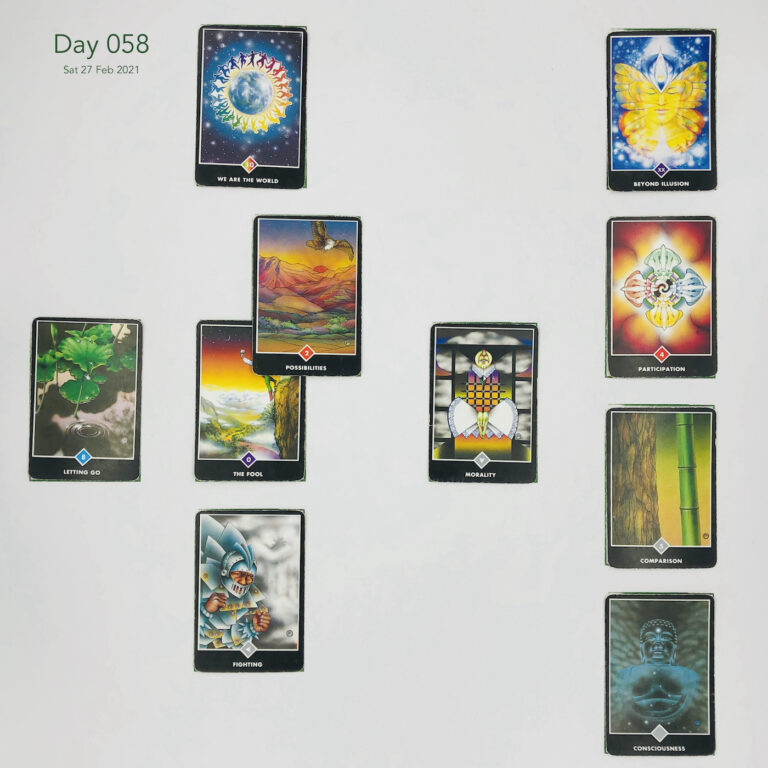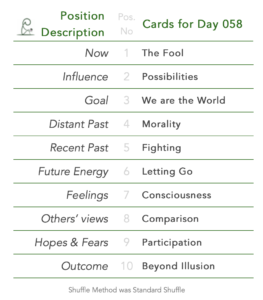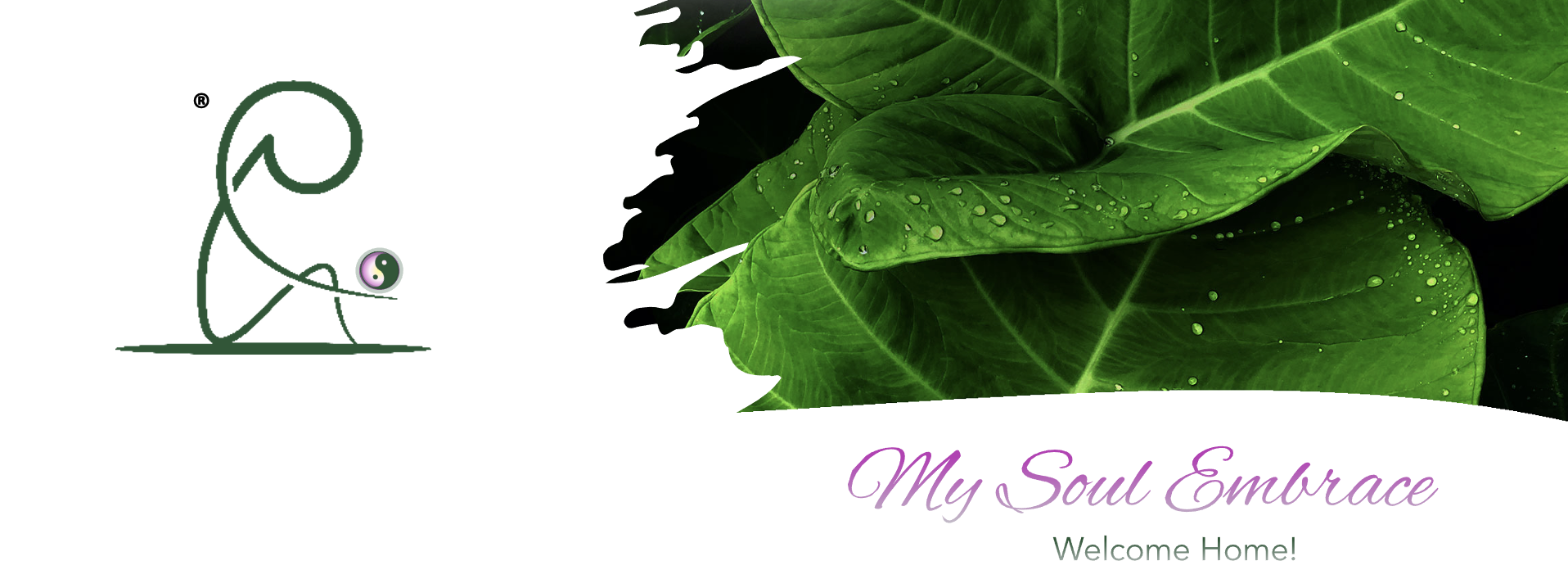Saturday, 27 February 2021

Mindfulness Context
My day was incredibly dull to write about quickly, but meditation and mindfulness were on my mind. During other parts of the day, there was a lot of lying about watching Netflix with family and in the evening playing Rummikub.
There was a discussion at work around setting up a meditation group as part of the well-being program. The funny thing is, I was pushing so hard for a meditation centre before COVID and work managed to hand over a few metres of musty space. We to get some ottomans so people finding the ground too far away can sit comfortably. Then COVID hit.
COVID-19 led to me realise just how vital meditation or mindfulness is for mental health. I see meditation and mindfulness as the mental equivalent of brushing your teeth. Getting into a habit, let alone a daily habit of meditating, for five minutes can be challenging. It’s like trying to get a child to brush their teeth.
Have you ever met a child that willingly went to brush every time? Have you also tried to discuss with a child the benefits of brushing their teeth? Did you have any success on the second or third try? The first time is easy; it’s a novelty then. Even the second time’s not too bad, but after that? From there, resistance to picking up a toothbrush seems more onerous.
If you’re like me, you tried both the patient and impatient approach to communicating the benefits of brushing those pearly whites; with varying degrees of success. On occasion, you’ve surrendered and let fate take its course and let it go a couple of times – especially with the pre-permanent teeth. As you and they get used to brushing teeth daily, going a day without seems strange. Now, how’s flossing going?
Meditaition & Mindfulness are like Brushing Teeth
The same goes for meditation, mindfulness, and maintaining your mental health. The patient approach has copious quantities of research demonstrating the benefits of meditation or mindfulness on mental health. Benefits like: concentration, living a fuller life, happier relationships, less stress, easy sleeping, and better health are just a few.
And yet, like a five-year-old, we insist armed with a variety of excuses like, “I find it almost impossible to sit still … I have too active a mind for that stuff… I don’t have time ….”. There’s my personal favourite, “I’ve gotten to this age, and I’m okay” while swallowing a handful of tablets to help sleep. Hey! I’m guilty of it myself – all… the… time 😐!
Other excuses are a little more challenging to argue because they’re also beneficial for the body and mind. Saying, “but I meditate by running/ swimming/ walking/ listening to music/ watching TV/ dancing … et cetera”, these are all incredibly therapeutic and have a detoxing effect on the mind and body, but they do not discipline your mind.
One could argue that the discipline of getting out and exercising is disciplining the mind, and it would be difficult to disagree, but if that were the case pushing yourself to get dressed for work would also promote relaxation.
Nonetheless, all these activities are externally focussed or are inputting new data in addition to old data or simply regrooving/ travelling along with the existing safe territory in the brain. It’s good, but it’s equivalent to swishing your mouth out with water instead of brushing; it cleans out most of the sugar and some of the more extensive food remnants but doesn’t tackle the bad plaque areas or the gaps in between teeth.
Thinking of Nothing
You may be asking if activities like water swishing, what is the difference between mindfulness and meditation? Glad you asked 😊. Think of it this way, mindfulness is brushing your teeth (control), and meditating is flossing (getting to the tough to reach spaces where plaque tends to occur).
Now meditation does not have to mean physically turning yourself into a pretzel – even though I wish I could do it voluntarily at will. You can sit comfortably on a chair; you can lie down, stand up. Your posture and core get benefits if you can sit up straight while you meditate, but it’s not mandatory. Grab an app like Headspace or whatever you prefer and give it a go. Over time you won’t need the app beyond a timer and assist in the same way as a personal trainer.
As a good friend of mine’s grandmother used to say about clearing her mind, “oh, it’s easy! All I do is sit there and think of nothing”. I never knew whether she meant to think of “nothing” and what nothing was about or whether it was pushing all thoughts aside so there would simply be nothing? Sadly, June’s no longer with us to ask.
Today's Cards

The Cards - Mindfulness Analysis
Carryover Cards
One card carried over from yesterday, the card of Consciousness which stayed in the Feelings position.
Cross
Today the Goal of We are The World creates the Influence of Possibilities which encourages The Fool to leap in the Now. The Fool is tired of being bound by habits from the Distant Past and being confined to obeying unseen laws that restrict rather than promote doing the right thing (Morality).
The Recent Past supports the view by showing the constraints that cause personality stress and anxiety while Fighting to keep control for the sake of others – the potential to explode with the slightest provocation.
Moving from the Recent Past using the soul of The Fool, the Future Energy shows Letting Go, which is the leap of faith displayed on The Fool’s card.
Base
The leap is not one of blindness but taken in full awareness and full Consciousness. Others’ Views think the step of The Fool and Letting Go results from me comparing myself to others. Participation could go either way; the hope is for positive involvement. The fear is that there will be the reverse, either negative participation or no participation at all.
With Consciousness and Letting Go, it seems that I am moving from illusion to Beyond Illusion by consciously Letting Go of the past and transforming it into something beautiful.
With my soul embrace,
Michaela
References
Osho, Osho Zen Tarot – The Transcendental Game of Zen, St Martin’s Press, ISBN 0-312-11733-7

